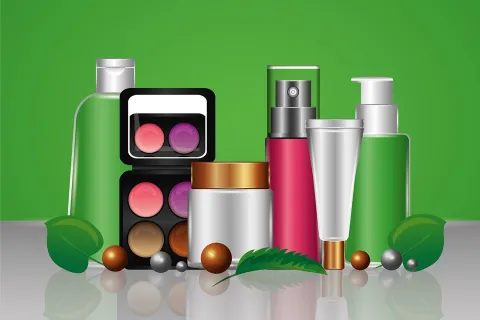
Kenya has a well-established Regulatory framework governing the cosmetics industry, overseen by two (02) key Health Authorities (HAs) – the Kenya Bureau of Standards (KEBS) and the Pharmacy and Poisons Board (PPB).
Cosmetic Product Definition and Classification
In Kenya, a cosmetic product is defined as any substance or preparation intended to be placed in contact with various external parts of the human body (eg., epidermis, hair system, nails, lips, and external genital organs) or with the teeth and the mucous membranes of the oral cavity, with the aim of cleaning them, perfuming them, changing their appearance, correcting body odors, and protecting them or keeping them in a good condition.
Regulatory Requirements
All cosmetic products sold in Kenya must comply with the Kenya Standard – KS 2937:2021, which outlines the specific requirements for cosmetic products. This includes regulations on ingredients, labeling, claims, and post-marketing authorization.
Regulatory Pathway
Cosmetic products in Kenya can be certified through various routes, including the Pre-export Verification of Conformity (PVoC) program. This pathway involves submitting an application and product documentation as well as paying the required fees. A KEBS officer may also visit the manufacturing facility to conduct an inspection. Once approved, a permit to use the KEBS mark is issued for the product.
Labeling and Claims
Cosmetic product labels must adhere to the labeling requirements outlined in KS EAS 346, including mandatory information such as the product name, manufacturer details, and ingredient list. Claims made on the product label must be truthful and not misleading.
Product Registration and Notification
Depending on the product category, cosmetics may require either registration or notification with the Regulatory authorities. Registration is mandatory for products classified as pharmaceuticals or regulated by the PPB, while notification is required for general cosmetic products under the KEBS.
To conclude, manufacturers entering the Kenyan market must be vigilant when decoding cosmetic product regulations to avoid any last-minute challenges. In such a scenario, consulting a Regulatory expert with a strong presence in India can prove to be beneficial.









